What to eat if you have, or want to prevent, heart disease
- By One Heart Clinic
- August 31, 2023


What to eat if you have, or want to prevent, heart disease.

Written By Dr Sukhjinder Nijjer

Introduction to preventing heart disease

Many people ask, what can I do to reduce my risk of developing heart disease? Another common question is what should I eat now that I have heart disease? It’s very clear that lifestyle and dietary changes are an essential part of treating heart disease. However, getting dietary advice can be confusing and there is often conflicting advice. Should dietary changes take precedence over medication? Is food a sufficiently good treatment to not need other medical treatments?
As a Consultant Cardiologist, I believe in the power of dietary improvement and exercise in helping improve health and long-term health-related outcomes. Making both dietary and exercise changes can help reduce the risk of cardiovascular events such as heart attacks, arrhythmias like atrial fibrillation and stroke. These changes are vital in reducing the risk of either developing coronary atherosclerosis or stopping it from progressing once it has started. Many small lifestyle changes are vital for reducing reducing blood pressure and are always the first step when blood pressure is first found to be elevated.
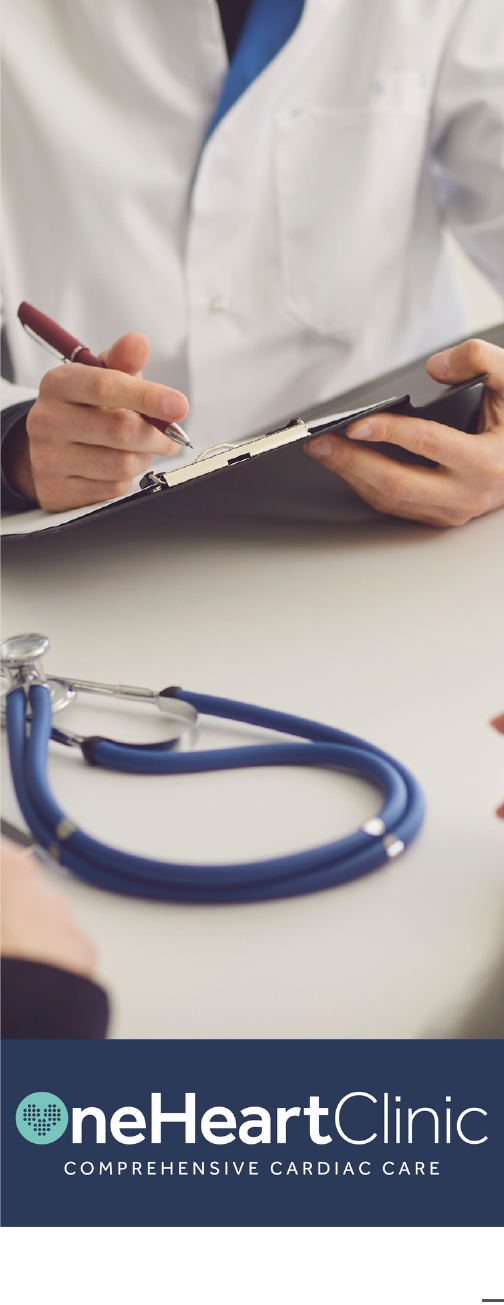

Small and sustained changes to both diet and exercise can lead to huge differences long-term. I have been absolutely astonished on what people can achieve when motivated and supported in the right way.
It can be difficult to know what dietary and lifestyle changes to make. Often newspapers, websites and podcasts will extoll the virtues of a particular ‘superfood’ or things that should ‘never be done’, only for the advice to reversed a short time later.
One reason for such conflicting information is differences interminology. The term ‘heartdisease’ is very broad and there are many different conditions that affect the heart and these can require very different treatment approaches. Some people can have multiple different heart conditions and this can make treatment more complex and require care and attention from your Cardiologist.
For example, you may have coronary artery disease – and so diets and behaviours that reduce your risk of progressive atherosclerosis should be the focus. Alternatively, you may have palpitations and spells of a racing heart beat – and so the focus maybe on reducing stimulants and increasing antioxidants.

Another important factor is that research studies looking at diet are very challenging to perform and interpret. Most of these studies provide only ‘associations’ and do not prove ‘causality’. Further more, a statistical finding may not mean much in the real world when balanced with other real-world factors. As a Cardiologist, much of our focus is on studies have ‘randomised’ the treatment decisions so we can unpick the complexities of patient care. Unfortunately there are relatively few studies that do this with dietand lifestyle. As such, Cardiologists with scientific training, are much more likely to be guarded in their advice about diet and exercise. In contrast, a less scientifically trainedpers on may take the published studies at face value and not understand the nuances and limitations of much of dietary research
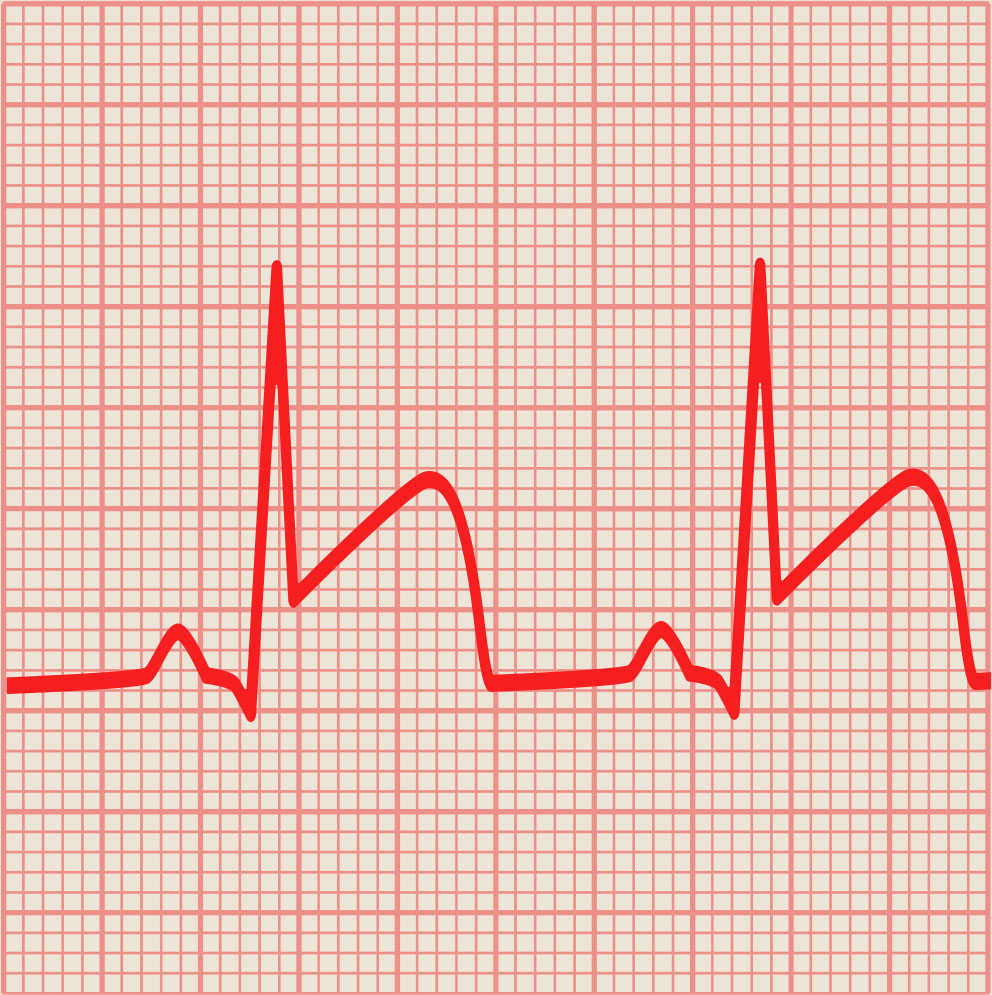


Taking into account the various limitations that we have in understanding dietary research, Here’s a general outline of dietary principles that can help improve heart health:
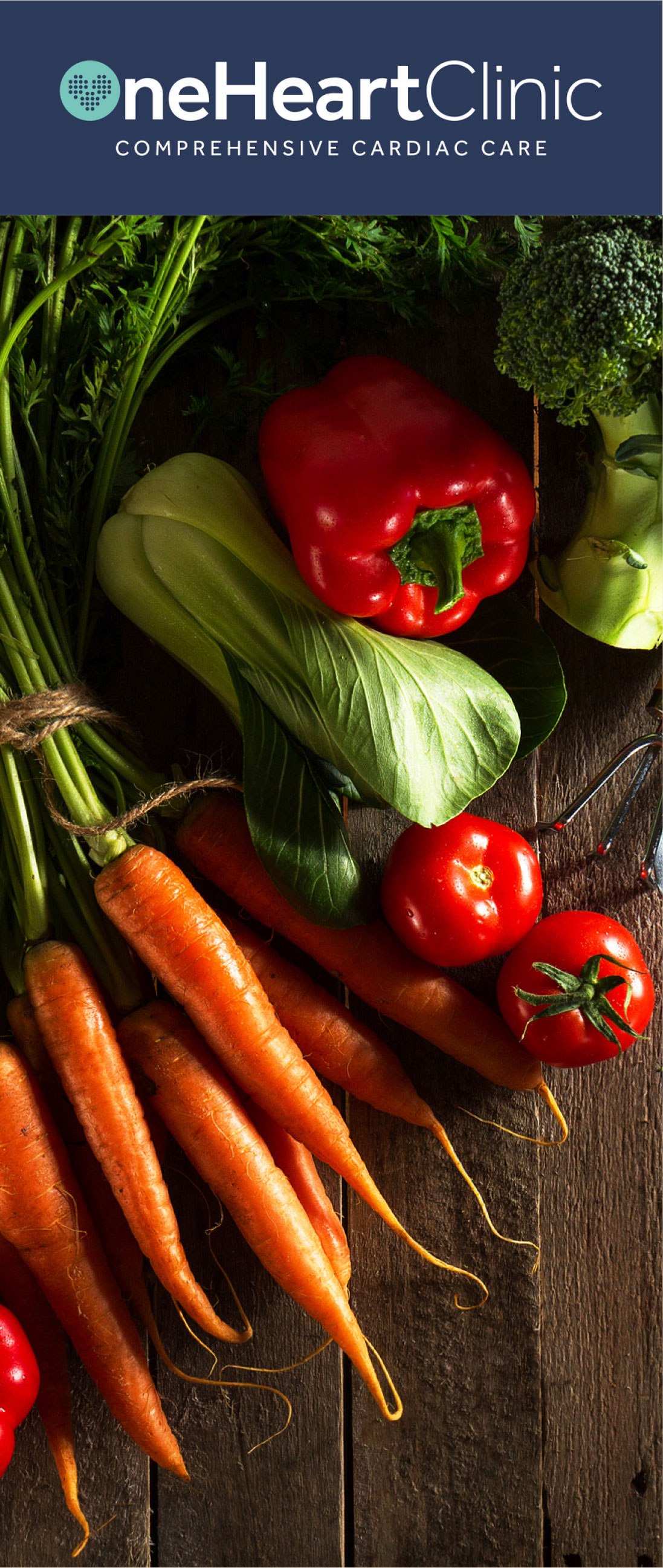
1.Plant-Based Diet: Plant-based diets provide much of the nutrition we need, while also being filling and maintaining bowel health. Your diet should be rich in fruits (apples, pears and kiwis), vegetables (carrots, broccoli, sprouts, cabbage, kale), whole grains, legumes, nuts (in particular almonds and walnuts), and seeds. All of these foods are rich in fibre, antioxidants, vitamins, and minerals. Aim to make most of your plate filled with these foods. Much of these feeds contain healthy nutrients such as omega-3 fatty acids (flaxseeds, walnuts), antioxidants (berries, dark leafy greens such as sprouts and kale), and potassium (bananas, sweet potatoes, spinach).

2. Reduce Saturated and Trans Fats: In general, reducing saturated fat intake as part of a balanced diet, helps to reduce the risk of progressive atherosclerosis. This a complex process which involves inflammation and other triggers such as smoking, stress and elevated sugars. You should avoid fried foods and processed snacks – in particular fried crisps. Replace these snacks with other foods that provide crush and flavour – such as carrot sticksor seasoned sunflower seeds or dried chickpeas.
3.Choose Lean Proteins: Protein is an essential building block and helps heal our body after exercise and helps build strength which is essential as we age. Lean sources of protein, such as poultry (chicken and turkey are both excellent), fish (salmon and white fish, beans, lentils and tofu. Fish high in omega-3 fatty acids (like salmon, sardine, mackerel, cod and herring) is good at improving HDL levels (‘good’ cholesterol) and reducing LDL (‘bad’ cholesterol) levels. Your portion of protein should be the size of the palm of your hand.


4.Reduce Red Meat: Red meat includes beef, lamb and pork. In general, it is better to reduce or limit your intake of read meat. You do not need to eliminate your red meat intake, you simply need to make it a once-in-a-while treat. It’s important to track your actual intake as otherwise some people find themselves treating themselves a lot!
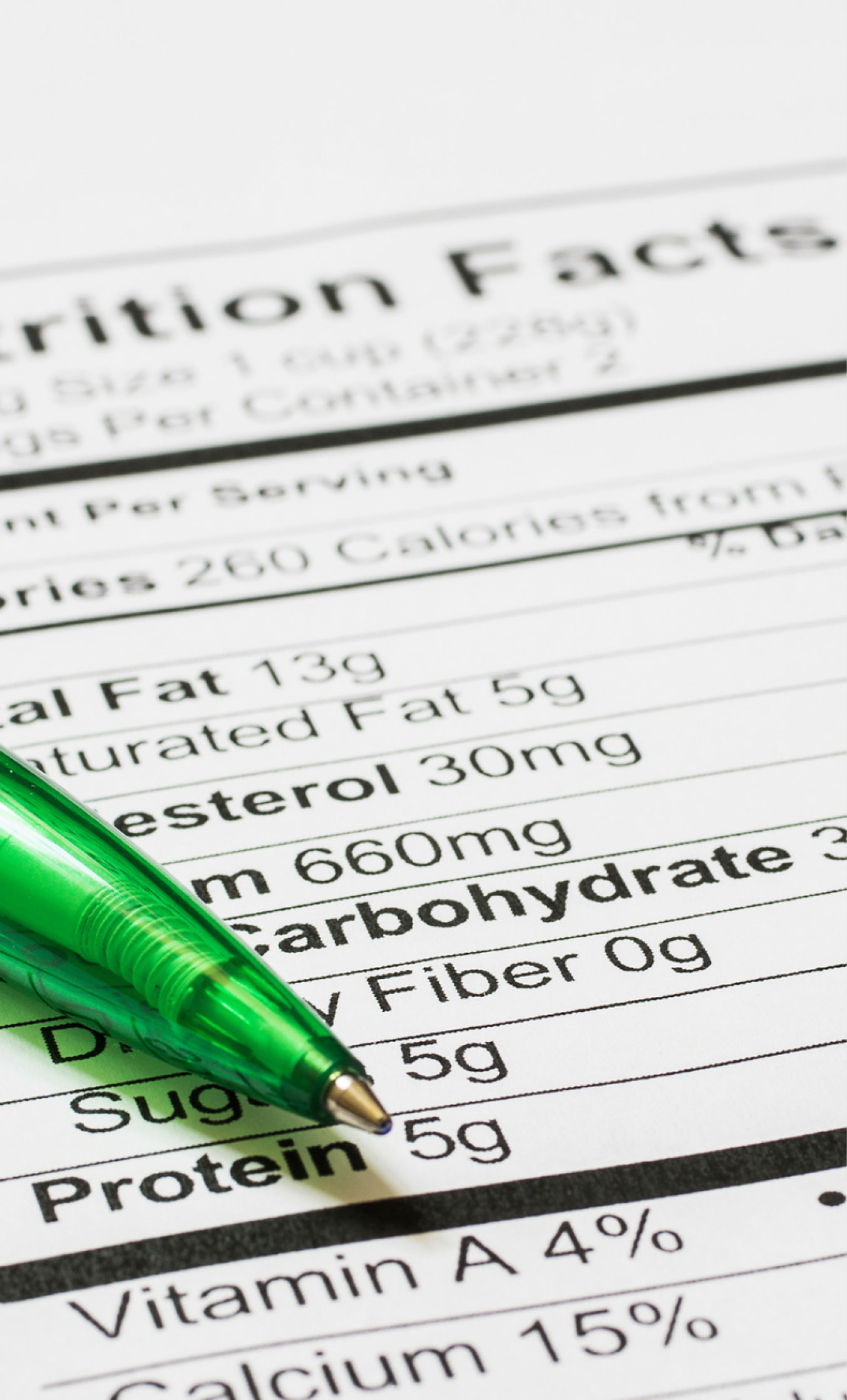
5. Control Sodium Intake: Sodium is an essential salt that the body needs for every cell to function. In general, all diets have sufficient amounts of salt to replenish what is lost during sweating and other activities. Processed food and preserved foods can contain a lot of salt that is in excess of what we need. Excessive salt will contribute to high blood pressure and reducing salt intake is an essential part of treating hypertension. Choose to have herbs and spices instead to salt. Avoid adding table salt to your food and limit adding salt during cooking.
6. Increase Fibre Intake: Having a high fibre intake helps to maintain a healthy gut and a healthy gut has huge impact on your overall health. Your gut is full of millions of bacteria called the ‘microbiome’. THese bacteria live in synergy with us and help unlock the nutrients from our food. We are learning a great deal about the microbiome and how it impactrs on the rest of health. Foods that are rich in fibre help to support and nourish the microbiome and so should be a key part of your diet. Foods should whole grains, legumes, fruits, and vegetables.
7. Reduce Sugars: Sugar is major contributor to illness and disease. Not only does excessive sugar consumption cause weight gain but it drives diabetes and coronary artery disease. We need sugar to provide energy but even a verys simple diet contains more than enough sugar. Modern diets now contain more sugar than our bodies can process and is leading to obesity and Type II Diabetes Mellitus. These conditions then contribute to sleep apnoea, high blood pressure, atrial fibrillation and coronary artery disease. Sugar has been added to most pre-prepared foods and is hidden in foods you would not think of. Avoid sugary drinks – including ‘health’ juices and squashes. Avoid sugary coffees – the syrups of a single caramel latte will contain all of day’s sugar allowance is a single cup (six sugar cubes)! When sugars combine with atherogenic lipids in the blood, the risk of heart disease is very high.


8. Avoid Refined Carbohydrates: Refined grains such as white bread and baguettes contain a high level of simple sugars which contribute to spikes in your blood sugar levels followed by a slump. This causes a number of metabolic problems including Type II diabetes and weight gain. It is common to feel more hungry after eating foods with refined carbohydrates leading to a spiral of over eating and obesity. Instead, you should have whole grains as these release sugars in a more sustained way and prevent these abnormal and deleterious hormonal pathways.
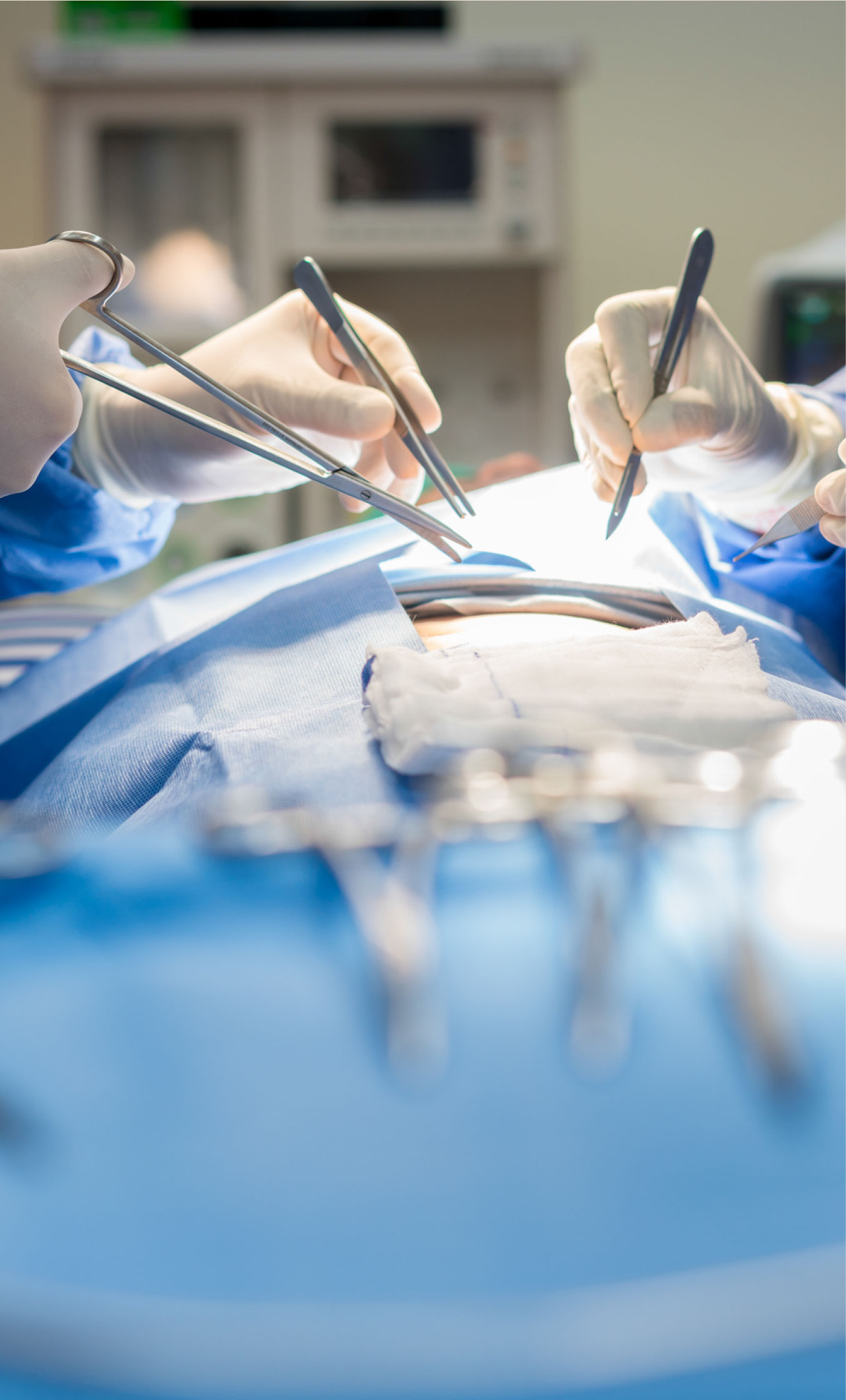
9. Stay Hydrated: Most people do not drink enough water. Your body is mostly made of water and water is an essential component of all reactions in the body. If you are on blood pressure medications, you can have spells of low blood pressure if you are dehydrated and you can feel dizzy on standing. It’s important for you to drink at least 2 litres of water per day. This does not include tea or coffee – both of these are diuretics, meaning you lose water with them. For every cup of tea or coffee you have, you should have a compensatory cup of water. In people with low blood pressure and frequent dizzy or fainting episodes, then you make need 2.5 to 3.0 litres of water per day.
10. Practice Portion Control: Modern diets contain much more food and calories than ever before and most people eat more than they need. Simply reducing the size of your plate can reduce overeating and help weight loss. Ensure that each food group is no more than the palm of your hand.
Dietary changes can make a huge difference to your long-term health but it can take time to see the effects. It can take time to make new habits (typically it can take a month for a new habit to ‘stick’) and it’s common to have slip ups from time to time. Special occasions or eating in a restaurant can break your new dietary approach but don’t let an occasional slip mean you return to older ways of eating.
As a Consultant Cardiologist, I would be very happy to discuss your diet with you and discuss what changes can be made. In some patients, professional advice from a Dietician can support weight loss and we can refer you as needed. If you have further questions, do please get in touch.


About Dr Sukhjinder Nijjer
Dr. Nijjer is an award-winning Consultant Cardiologist specialising in Interventional Cardiology. He works at both the Hammersmith Hospital and Chelsea & Westminster Foundation NHS Trust. He is an Honorary Senior Clinical Lecturer at Imperial College London and is the training lead for Interventional Cardiology training in North West London. In addition to his senior role on the Cardiology Section of the Royal Society of Medicine, he has also been selected as an Emerging Leader for the British Cardiovascular Society.
68 Harley Street
Marylebone
2023